Post
A catch
Save a catch to start your fishing logbook. You will be able to to share it with the community if yo want!
A fishing trip
Post an ad to go fishing with other fishermen
Save a catch to start your fishing logbook. You will be able to to share it with the community if yo want!
Post an ad to go fishing with other fishermen
Share a thought, a question with the community
My favorite cities
×Join our 248 fishermen and our 1 cofisherman in Cotehill in Cumbria. The fishing forecast is currently 4.1. The most caught fishes here are the perch, the tench fish, the rainbow trout and the burbot. Come try the most famous fishing techniques like the tips on material for mullet fly fishing, fishing eel in surfcasting, surfcasting fishing for sea bream or tips on material to catch bass on plug from the shore.
Our fishing forecast of Cotehill indicates the best time to go fishing in this city.
The Perch
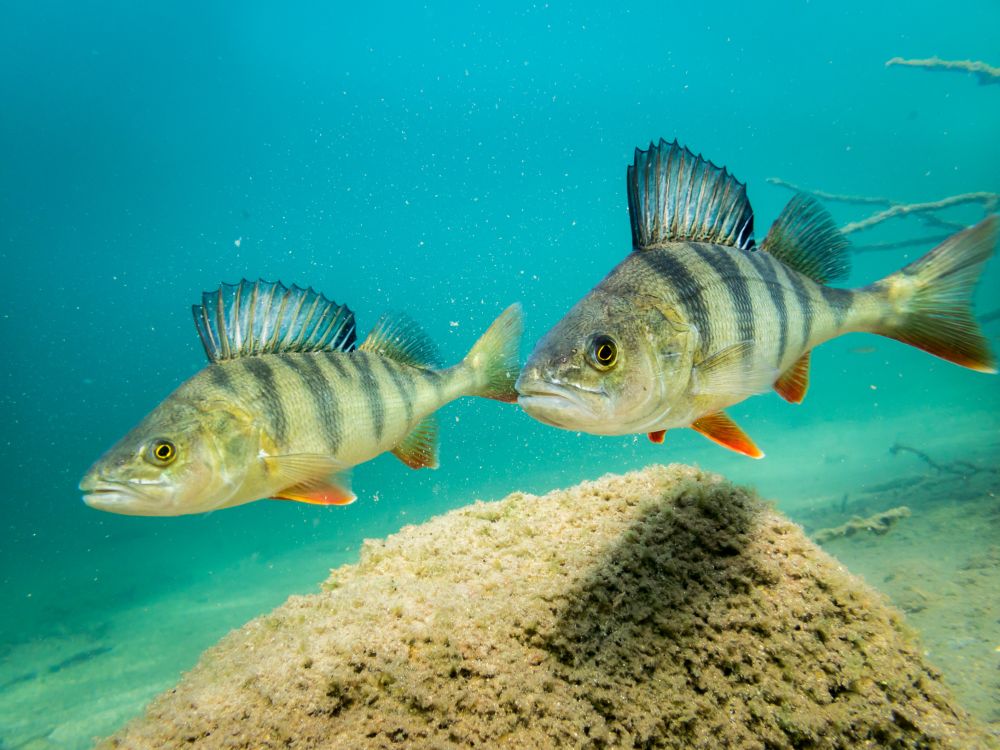
The Perch fish belongs to the Percidae Family. Its size, on average 15 to 20 cm, can reach 60 cm for a weight of 4.5 kg. Life expectancy is about 6 years (maximum 22 years). The perch spawns in April and lays between 4000 and 300,000 eggs. It is caught from June to December. Its body is stocky, high, yellow-green with broad transverse stripes; the belly is yellowish to matt white. Its ventral, anal and caudal fins are red; the anterior dorsal fin has sharp rays and a black spot on the back. Its operculum is finished by a strong thorn.
The Perch is a famous fish you can catch in Cotehill.The Tench fish
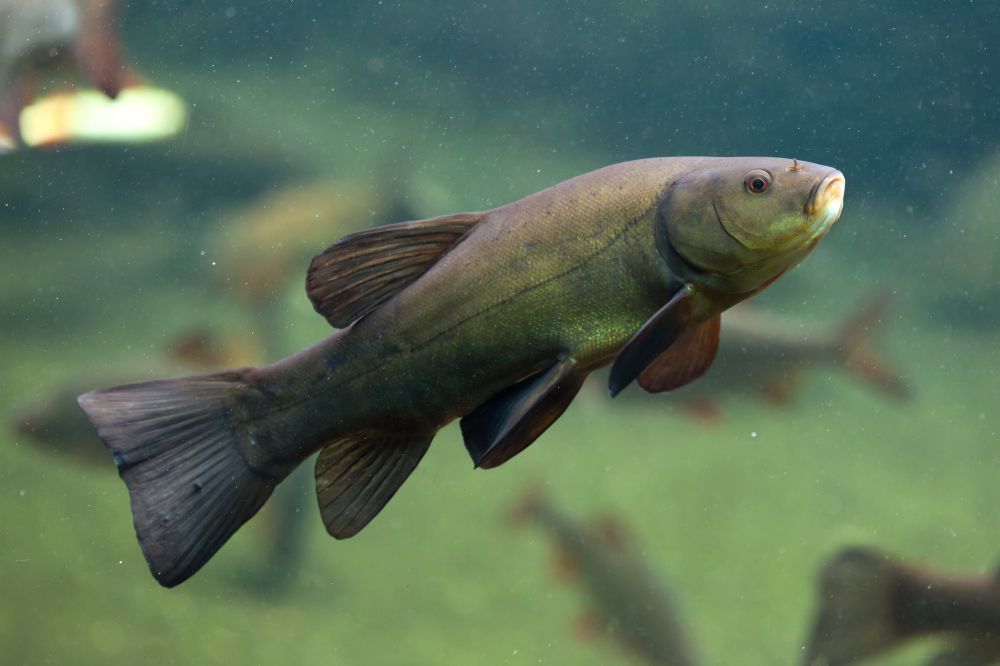
The Tench fish belongs to the Cyprinidae family. It rarely exceeds a length of 50 cm for a weight of 2 kg (maximum 70 cm for 8 kg). He can live up to 15 years. It breeds from May to August. Fertility is 300,000 to 800,000 eggs. It can be fished all year round. The Tench is a fish with a stocky body and compressed laterally. Its head is triangular with a small red-orange eye and a relatively long snout. Its mouth is terminal, small with thick lips and a well-developed barbell at each corner. Its characteristic caudal pedicle is rounded and short. Its skin is thick and viscous. Its scales are very small and covered with a thick layer of mucus. All fins are rounded. The caudal fin has 19 rays. The overall coloring is olive green (sometimes dark green or even almost black) with golden reflections on the ventral side. From the age of two years, males can be distinguished from females: they have ventral fins that reach the anus and the second ray of these fins becomes stronger than the others. It is a groundfish, rather shy, that can be found in small groups of maximum 4 individuals.
The Tench fish is a famous fish you can catch in Cotehill.The Rainbow trout
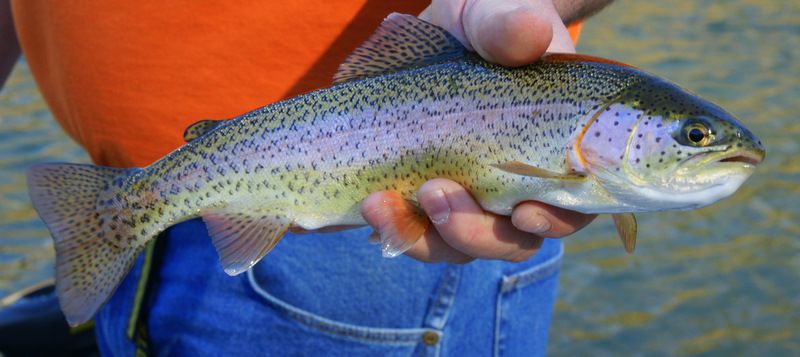
The Rainbow trout belongs to the Salmonidae family. On average, it measures 35 to 70 cm and weighs 500 g to 6 kg. In this species, a maximum lifespan of 11 years has been observed. Rainbow trout reproduce naturally from late March to early July. Fertility is about 2000 eggs per kg. Depending on the region, it is fished from March to September. Rainbow trout have a streamlined, laterally compressed and slender body. It has a small head and a slightly split mouth. Its body is arched at the level of the dorsal fin. It should also be noted that there is an adipose fin common to all Salmonids. Its scales are small and thin. Generally, the entire body is punctuated by small black spots, many on the back and sides, as well as on the dorsal and caudal fins. The back is olive green and the sides are silvery. The color of the belly varies from white to yellowish. Nevertheless, the general coloring of the body varies greatly depending on the age, habitat and physiological stage of the fish. The particularity of rainbow trout lies in the presence, all along the body, of an iridescent longitudinal band, predominantly pink. During the breeding season, the female is generally rounder because of the ovarian volume, while the males appear to be more elongated. They become darker and their colors more vivid.
The Rainbow trout is a famous fish you can catch in Cotehill.The Burbot
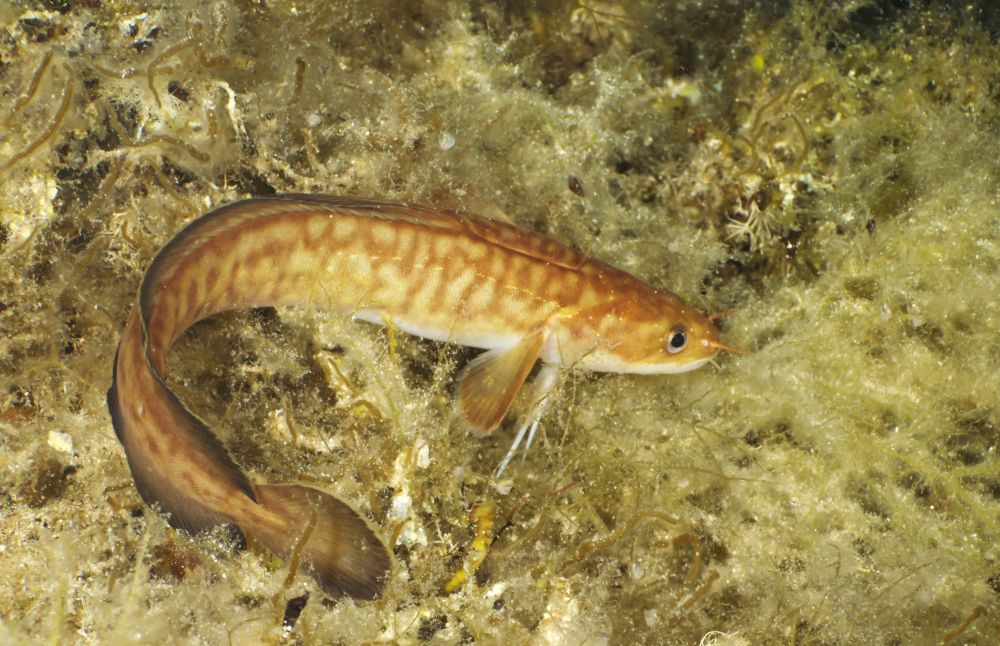
The Burbot fish belongs to the Lotidae family. The burbot can measure 30 to 120 cm and weigh up to 3 kg. It can live from 15 to 20 years. It breeds from December to March and can lay up to one million eggs. It can be fished all year round. The body is cylindrical, elongated, slightly compressed towards the tail, covered with small scales covered with a thick layer of mucus. The back is greenish brown or yellowish with darker mottling, with a gradation becoming lighter on the sides. The belly is yellowish white. The short, rounded pectoral fins, close to the head, overhang the ventral side with their first very elongated radius. The first dorsal fin is short, the second, very long, continues until the birth of the caudal, which is rounded. The lower jaw has a single long barbel and the nostrils have two fairly distant orifices, each with a small barbel. The mouth is wide, with many fine teeth.
The Burbot is a famous fish you can catch in Cotehill.The Spined Loach
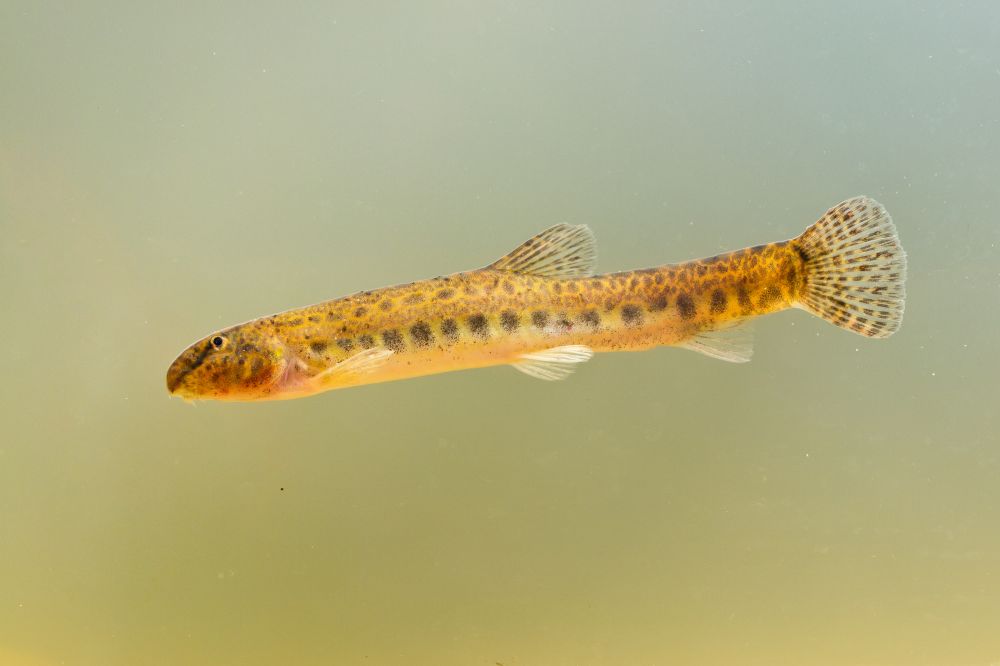
The Spined loach belongs to the Cobitidae family. The Spined Loach has a size of 6 to 12 cm. it can live up to 10 years. The breeding period runs from April to July. The female can lay up to 1500 eggs. It can be fished all year round. Its elongated, ribbon-shaped body is covered with very small scales. Variable in color, light brown to dark brown, its flanks are marked with dark spots aligned longitudinally (the points in the lower row are larger). His belly is very clear and almost white. The head is narrow. The inferior mouth (in the ventral position) is surrounded by six small barbells (4 on the upper jaw and 2 at the corner of the lips). Under each eye, there is a small moving spine that is very inconspicuous (it can be detected mainly by touch). The caudal fin has a black spot growing at its birth and is then marked with four lines of dark dots. The pectoral fins are long. If you have good eyes, you can tell the male from the female by the longer and thicker pectoral fins.
The Spined Loach is a famous fish you can catch in Cotehill.Our fishing forecast of Cotehill indicates the best time to go fishing in this city.
Our fishing forecast of Cotehill indicates the best time to go fishing in this city.
Our fishing forecast of Cotehill indicates the best time to go fishing in this city.
